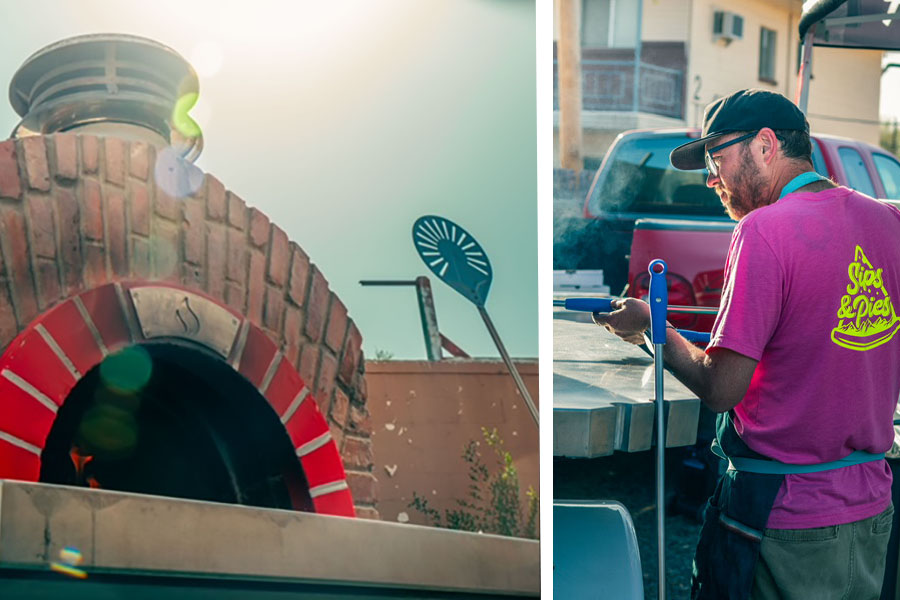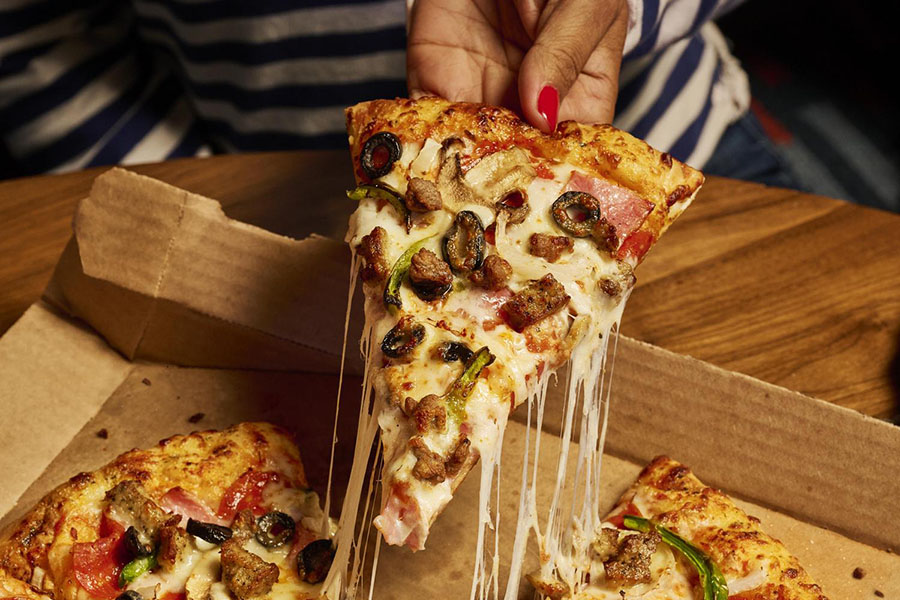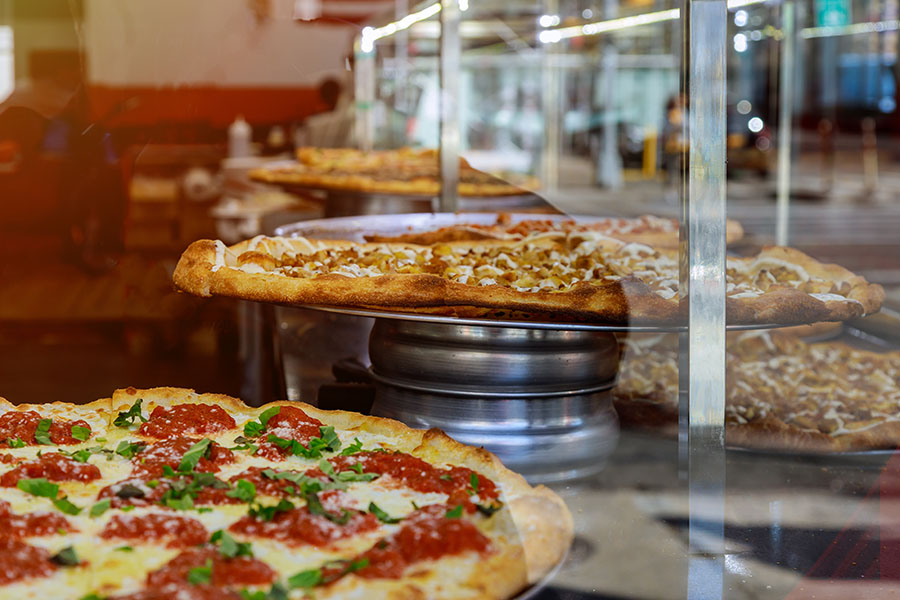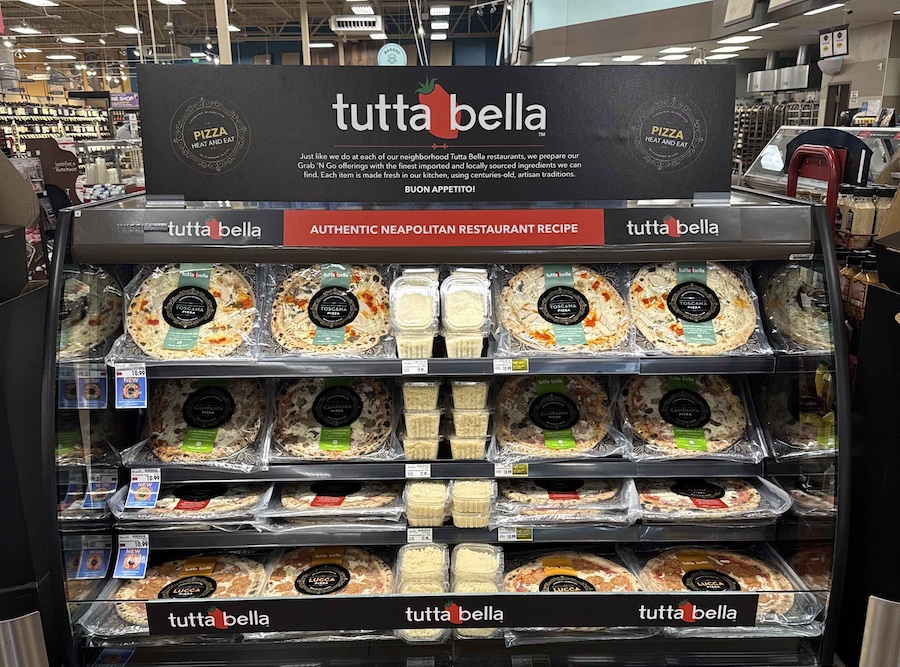How to Analyze and Negotiate a Restaurant Lease
Commercial lease agreements, particularly for restaurants, can be complex and burdensome —however, they are one of the most important aspects of running a profitable business. Performing the proper due diligence prior to entering into a restaurant lease will ensure that you as the tenant are well-protected from unexpected liability and can run a successful restaurant.
The first rule of commercial leases is that they are negotiable.
No one should just blindly accept a form lease from a landlord; you have the power to negotiate, whether you are a new operator opening your first restaurant or a seasoned pizzaiolo with a few stores under your belt. This principle goes beyond just the length of the lease and how much you pay — it can apply to nearly any term in a lease.
Prior to entering into negotiations, one should determine if the space is zoned properly for a restaurant and if the proposed changes made to the space, if any, will be allowed by the local permitting jurisdiction—usually a city or county. A good lease should contain a permitting contingency that allows you to terminate the lease if any necessary permits, like building, health department or alcohol licenses, are denied.
Once you have determined that local government will allow you to operate a restaurant in the proposed space, the next step is to determine how much the lease will cost over the course of the term.
Determining the cost, however, goes beyond the monthly rental rate, as landlords often try to make tenants assume as much liability for repairs and maintenance as possible.
For example, a common lease structure is a triple net lease, in which the tenant pays the real estate taxes, building insurance and building maintenance costs. While such leases typically have a lower rate of rent, they can end up being costlier over the life of the lease, particularly if the building has deferred maintenance or high real estate taxes. Triple net leases also tend to be long-term for 10, 20, or even 30 years. For most restaurant operators, triple net leases are not the best deal because of the potential high capital expenditures necessary for the up-keep of the building over the course of the lease.
For spaces that are in a multi-tenant building, negotiating the amount of common area maintenance charges, commonly referred to as “CAM” charges, is critical. CAM charges typically include routine maintenance like landscaping, trash services, parking lot maintenance, snow removal, utility costs, and any other shared spaces like bathrooms and reception areas.
The amount of CAM charges should be directly correlated to the size of the leased space in proportion to the entire building. For example, if your leased space occupies 1,000 square feet of a building that has 5,000 total square feet in leased spaces, your CAM charge should be no more than 20 percent of the overall maintenance cost for common areas. You can also negotiate a cap on CAM charges that will ensure that you do not pay over a certain dollar amount per month in CAM charges.
It is important to determine which party is responsible for specific areas of building repairs and maintenance, such as HVAC, electrical, plumbing, and roofing. While many assume that these are landlord expenses, this is often not the case, particularly for repairs to structural components that were made as part of tenant improvements.
For example, if special electrical wiring had to be installed to operate a dough mixer and later on, repairs are needed to those specific electrical components, who is responsible for paying for the repairs? The landlord will argue that the electrical component is a tenant improvement, and therefore, should be paid for by the tenant, whereas the tenant will argue that the new electrical has become a structural component of the building that it will not take with it when the lease terminates and therefore should be a landlord expense. Pre-negotiating responsibility for these types of repairs, particularly for tenant-made improvements, will help save you from a dispute during the term of the lease.
Much of negotiating a lease requires contemplating unpleasant scenarios, such as if you need to terminate the lease early or if the building suffers a catastrophic event like a fire.
Leases can be difficult to terminate early and typically leave the tenant on the hook for the monthly rent until the end of the term or until the landlord can find a new tenant. However, a well-negotiated termination clause can pre-determine a set amount to be owed as a termination fee, rather than the full amount of payments owed under the lease.
Further, ensure that the assignment clause, which is when one party wishes to transfer its responsibilities under the lease to a third party, states that the landlord’s consent cannot be unreasonably withheld to assign the lease. This will ensure that as long as the tenant is appropriate for the space and satisfies credit requirements, you can assign the lease to that party.
In regard to liability for catastrophes like fires and floods, a good lease should always contain a waiver of subrogation clause. This clause states that in the event that both the landlord and tenant have insurance that neither party may sue the other for damages, even if one party was negligent. This will protect you in the event that the landlord wants to sue you for damages to the building if they feel that you were the negligent cause of the catastrophe.
Finally, a good lease will have an exclusivity clause that prevents the landlord from leasing a space in the same building or complex to another pizzeria or other similar competitor. This is in the best interest of both parties, as landlords typically like to lease to a diverse group of tenants.
When negotiated thoroughly at the start, restaurant leases benefit both the landlord and the tenant. However, poorly written leases usually lead to conflict and animosity between the landlord and tenant, as well as higher operating expenses for the business owner. Of course, if you are unsure about certain provisions or just want another set of eyes to look over a document, a good business law and real estate attorney can help you review a lease and help protect your interests.
Thomas Reinhard is a Seattle-based business attorney and a co-owner of Cascadia Pizza Co.








